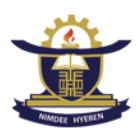Detailed introduction of Kumasi Technical University:
Introduction
Kumasi Technical University is a well-known public university in the Ashanti region of Ghana. It focuses on science, technology and entrepreneurship education and has trained a large number of professionals in engineering, science, technology and entrepreneurship for Ghana and other African countries.
History and establishment time
Establishment time: In 1954, the school was established under the name of Kumasi Technical Institute.
Development history: In 1963, the school was renamed Kumasi Polytechnic and began to offer technician diplomas and some junior college courses. In 2016, in accordance with the Technical Universities Act, the school was upgraded to Kumasi Technical University.
School strength
Student scale: In the 2022-2023 academic year, the number of students reached a record high of 12,704.
Course model: The course adopts a competency-based training model to cultivate students' skills required for employment.
International Exchange: We have established cooperative relations with some domestic and international institutions in Ghana to carry out academic exchanges and research projects.
Nature of the institution: Public university.
Educational philosophy
The school's vision is to become a world-class technical university dedicated to science, technology and entrepreneurship education. The mission is to provide high-quality teaching, learning and research in the fields of engineering, science, technology and entrepreneurship to promote Ghana's industrial development.
Key laboratories and disciplines
Key disciplines: It has strong disciplines in engineering, applied science, business and health sciences, such as chemical engineering, civil engineering, computer science, accounting, marketing, medical laboratory technology and other majors.
Laboratory: The school has a number of professional laboratories, such as engineering laboratories, computer laboratories, medical laboratories, etc., to provide students with a platform for practical teaching and scientific research.
Faculties and colleges
The school has the following faculties and colleges:
School of Business: It has the Department of Accounting and Accounting Information Systems, the Department of General Education, the Department of Management, the Department of Marketing, and the Department of Purchasing and Supply Chain Management.
School of Architecture and Natural Environment: It has the Department of Architectural Technology, the Department of Real Estate Management, and the Department of Interior Architecture and Furniture Production.
College of Engineering: Department of Chemical Engineering, Department of Civil Engineering, Department of Electrical/Electronic Engineering, and Department of Mechanical Engineering.
College of Applied Sciences: Department of Computer Science, Department of Hotel and Institutional Management, and Department of Mathematics and Statistics.
College of Creative Arts and Technology: Department of Fashion Design and Textiles, and Department of Graphic Design.
College of Medicine and Health Sciences: Department of Laboratory Technology, and Department of Pharmaceutical Sciences.
College of Entrepreneurship and Business Development: Agricultural Entrepreneurship Center, African Entrepreneurship Research Center, Consulting and Business Incubation Center, and Entrepreneurship and Finance Center.
Ranking
Listed in the 2024 THE World University Comprehensive Ranking.
Study Abroad Costs
There is currently no definite public information on the school's study abroad costs, but the cost of studying abroad usually varies depending on factors such as majors and course levels.
Campus Environment
Geographical Location: Located in the heart of Kumasi, the capital of the Ashanti region of Ghana, Kumasi is known as the "Garden City of West Africa".
Teaching Facilities: The school has modern teaching facilities such as libraries, laboratories, classrooms, computer centers, etc., providing students with a good learning environment.
Living facilities: The campus is equipped with dormitories, canteens, sports facilities and other living facilities to meet the daily needs of students.
Campus culture: The campus culture is rich and colorful, with various student clubs and organizations, holding cultural activities, academic lectures, sports competitions and other activities.
-
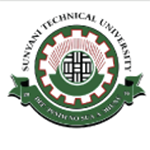
Sunyani Technical University
-
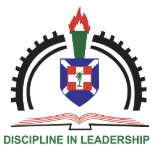
Presbyterian University College
-
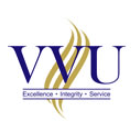
Valley View University
-
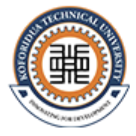
Koforidua Technical University
-

Garden City University College
-

Ghana Institute of Journalism
-
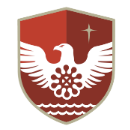
Central University
-
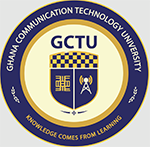
Ghana Telecom University College
-
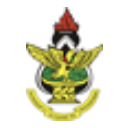
Kwame Nkrumah University of Science and Technology
-
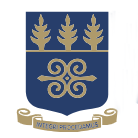
University of Ghana
-

Mesoamerican University
-

Istmo University
-

Mariano Galvez University of Guatemala
-

Regional University of Guatemala
-

Galileo University
-

Francisco Marroquín University
-

Rafael Landívar University
-

University of the Valley of Guatemala
-

University of San Carlos of Guatemala
-

Technological Institute of Tlaxcala Plateau
-

Golfo University
-

Technological University of South Sonora
-

Technological University of Huejotzingo
-

Tizimín Institute of Technology
-

Chilpancingo Institute of Technology

